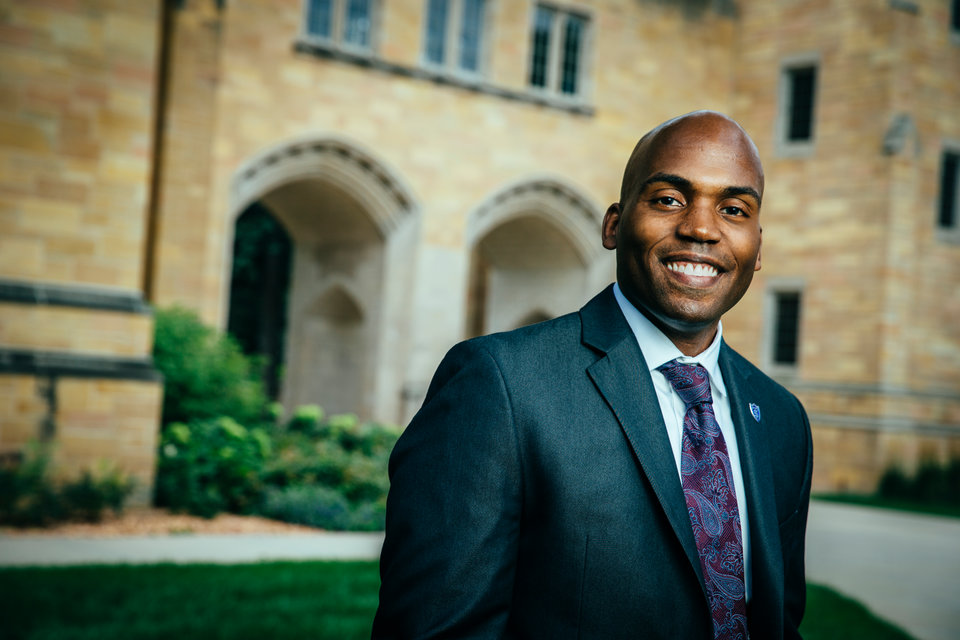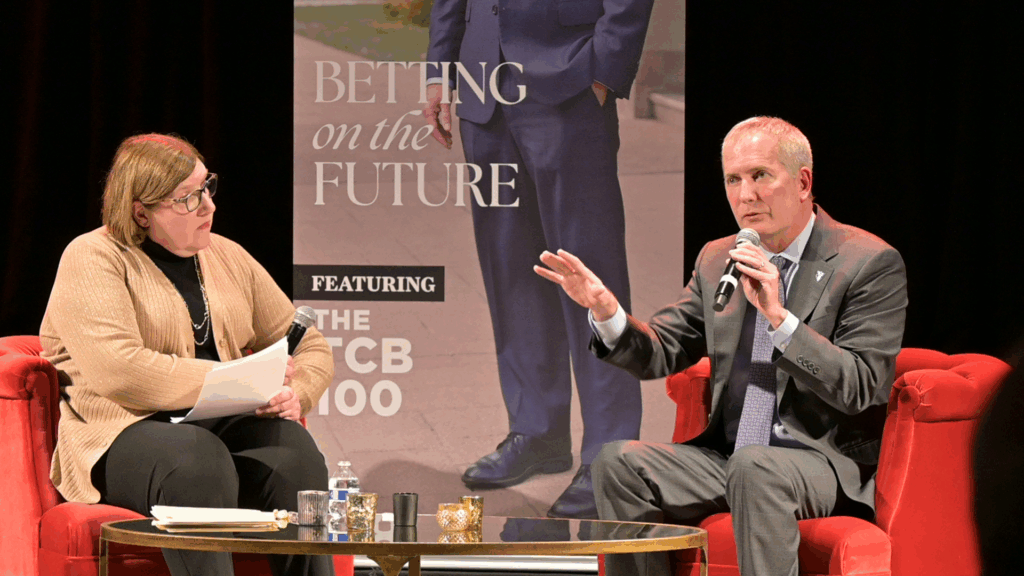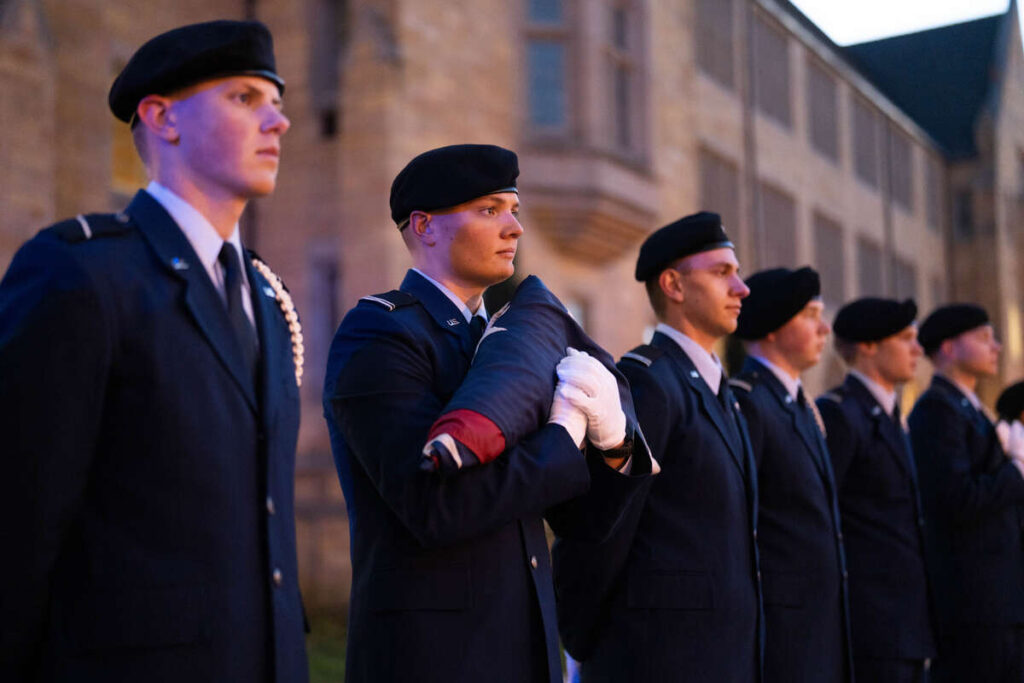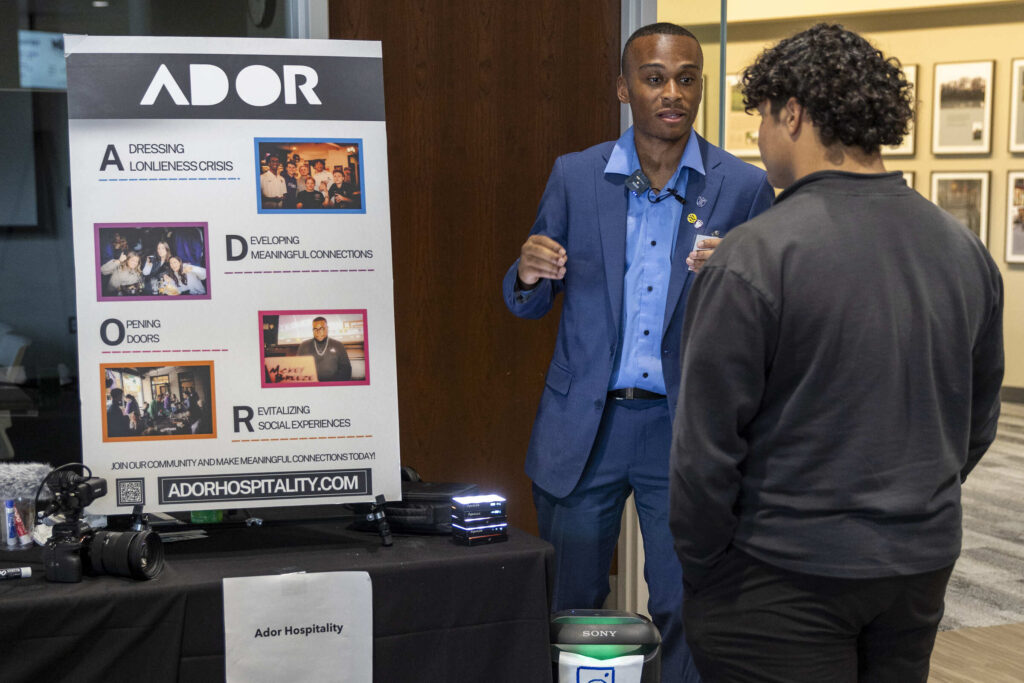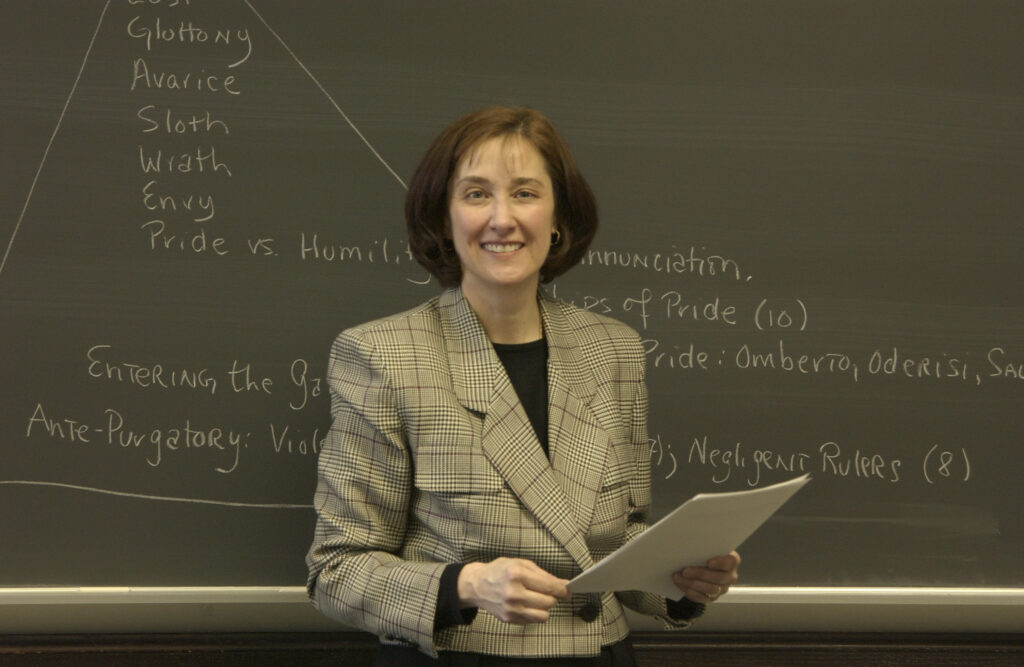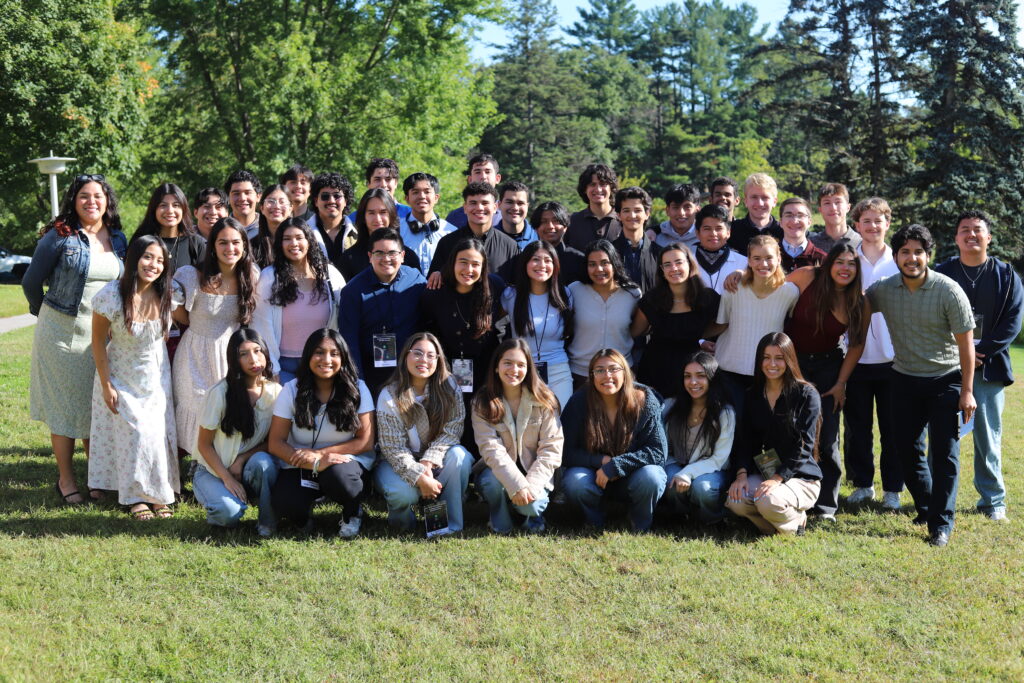On June 17, Dr. Julie Sullivan and Dr. Richard Plumb announced the formation of a new Racial Justice Initiative to be headed by Dr. Yohuru Williams, current dean of the College of Arts and Sciences.
Dr. Williams is a noted scholar of the civil rights and Black Power movement, an education activist and frequent public commentator. His scholarly work as dean brought acclaim to the College of Arts and Sciences and he shaped its strategic direction in key areas.
He is the author, editor or co-editor of numerous books, including Black Politics/White Power: Civil Rights Black Power and Black Panthers in New Haven (Blackwell, 2006), Rethinking the Black Freedom Movement (Routledge, 2015), The Black Panthers: Portraits of an Unfinished Revolution (Nation Books, 2016), Teaching Beyond the Textbook: Six Investigative Strategies (Corwin Press, 2008), In Search of the Black Panther Party, New Perspectives on a Revolutionary Movement (Duke, 2006) and Liberated Territory: Toward a Local History of the Black Panther Party (Duke, 2008). He also served as general editor for the Association for the Study of African American Life and History’s 2002 and 2003 Black History Month publications, The Color Line Revisited (Tapestry Press, 2002) and The Souls of Black Folks: Centennial Reflections (Africa World Press, 2003).
We sat down with him to better understand the reason behind his decision to stay at St. Thomas and in the Minneapolis-St. Paul community as well as his aspirations for the new Racial Justice Initiative that he will lead. His responses to our questions are below.
You were set to leave St. Thomas at the end of June and join St. John’s in New York. Why the pivot?
My interest in the academy and passion for Catholic education has always been rooted in my desire to engage in research and institution building that would fundamentally connect the work of the university and the community to foster change – especially on issues of racial justice. The killing of George Floyd, and subsequent unrest, has helped to crystalize that need here in the Twin Cities especially with regard to the need for people to be able to understand the historical roots of the injustices that have contributed to the present moment. Right now, Minneapolis and St. Paul are at the epicenter of national movement for substantive change. I opted to stay because I feel that this was an opportunity as a historian and advocate for racial justice to assist in this work.
What will be the focus of the Racial Justice Initiative (RJI)?
The externally facing Racial Justice Initiative will be involved in facilitating research, exploring community partnerships, and encouraging dialogue and critical conversations around addressing the historical roots of racial inequality in the United States. I have been involved in a number of these conversations across the country, and the RJI also will provide me a platform to continue that work while exploring ways to amplify efforts to rethink and tackle issues of racism and racial disparities in Minnesota and beyond.
Why is it important to shift from being a part of the university’s administration to being a Distinguished University Chair and Professor?
The Distinguished University Chair and Professor title gives me the latitude to work across schools and divisions to pursue research and teaching that also will address the historical roots of racial injustice and inequity in America from various vantage points. In addition to my work as a historian, I also am going to be thinking about ways that the RJI can sponsor critical conversations around race and social justice in and with the community, and show up as authentic partners in the work of moving social justice in the community forward.
How will you partner with other groups on campus already doing community work?
A big part of my work will be about leveraging what St. Thomas is already doing and connecting the dots to issues to which we can contribute scholarship and perspective. I’ll give you the perfect example. As dean of the College of Arts and Sciences, we put two departments together which traditionally don’t mix: peace and justice studies and criminal justice. Now here we are, in this moment, where nationally people are calling for a defunding of the police and we’ve got two departments which have historically been on opposite sides of that conversation. St. Thomas is uniquely positioned to have conversations now that could be of great impact to the community as a whole, because we enter the conversation with both sides of the issue already on the table. Being able to approach the problem through a historical lens provides the added benefits of exploring the historical roots of the issues as well as thinking about contemporary solutions. St. Thomas has a large body of committed students and scholars who are doing research and engaged in projects that could play a role in larger critical conversations around race. Part of my work will be to figure out how to help channel some of that capacity externally as well. So that’s how I see it ... finding places on campus where people are doing like work, creating spaces for them to be part of a larger conversation and then leveraging that intellectual firepower to share with the community or to be part of that conversation in the community more broadly.
Will your Racial Justice Initiative start on July 1? What resources, including staff, will you have?
The RJI won’t be up and running on July 1, but that’s when I will start this work. The topic of racial disparities is so broad, I want to make sure that we have latitude to think about where we can have the greatest impact. I will be thinking about what we can actually do, and then what resources I need to support that work. Part of my job will be to make that case.
Why stay in Minnesota to do this work?
With the moment in front of us now, there is a tremendous opportunity to see the Twin Cities as a laboratory for change. Here in Minnesota, if we can think creatively, engage broadly, and partner with humility concerning the work we must all do together, we can make a big impact. There are a host of ways in which national conversations about equity, justice and race can have real impact here. Understanding and facing our history is a big part of that work. I am hoping to work collaboratively and collectively with a range of individuals and organizations already engaged in the essential work of helping to reimagine a future for the Twin Cities free from racial disparities. If we’re successful we could then help to share that widely and be the model for how communities do this work elsewhere. Having the university be a big part of that work is exciting for me.
